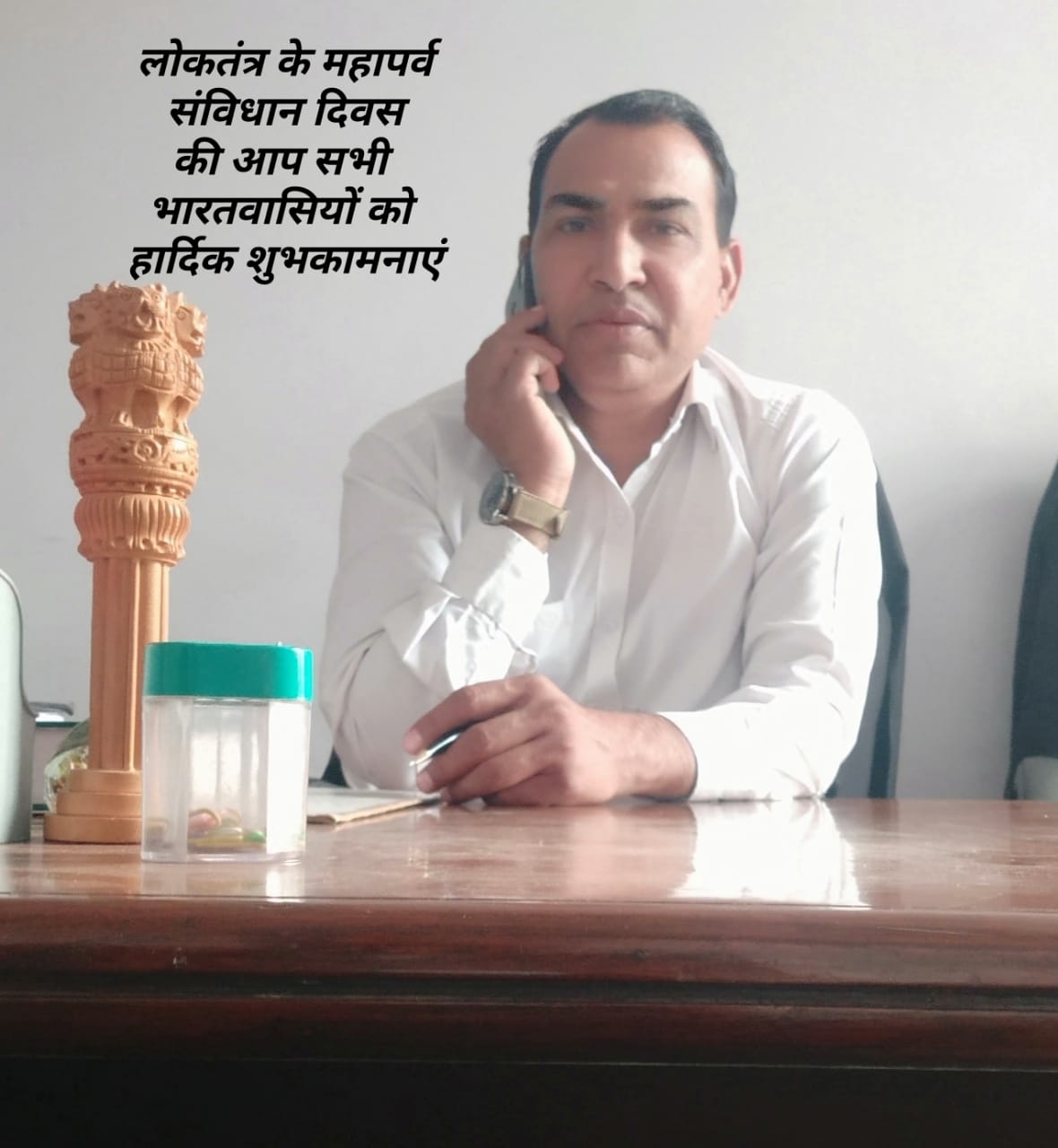Answer By law4u team
The insanity defense is a legal argument used in criminal cases to claim that the defendant should not be held criminally responsible for their actions due to severe mental illness or impairment at the time of the offense. In homicide cases, this defense can be used to argue that the defendant was unable to understand the nature of their actions or to distinguish right from wrong at the time of the crime. While it is a recognized legal defense, its success rate in homicide cases is relatively low due to strict legal standards and the challenge of proving mental illness to the court's satisfaction.
How the Insanity Defense Works in Homicide Cases
Legal Definition of Insanity:
The legal standard for the insanity defense can vary between jurisdictions, but it generally involves proving that the defendant was suffering from a severe mental illness at the time of the crime that impaired their ability to understand the nature of their actions or to conform their conduct to the law. The most common legal tests for insanity include:
The M'Naghten Rule:
This rule, widely used in many jurisdictions, states that a defendant may be found insane if, at the time of the offense, they were suffering from a mental disease or defect that prevented them from understanding the nature of their actions or knowing that what they were doing was wrong.
The Irresistible Impulse Test:
This test focuses on whether the defendant, due to mental illness, was unable to control their actions or conform their conduct to the law, even if they understood the wrongfulness of their actions.
Durham Rule or Product Test:
In some jurisdictions, the defense may argue that the defendant’s actions were the product of mental illness, though this test is less commonly used today.
Burden of Proof:
The defendant typically bears the burden of raising the insanity defense, although the prosecution may challenge it. Depending on the jurisdiction, the burden of proof may rest with the defendant to prove insanity by a preponderance of the evidence, or the prosecution may be required to prove that the defendant was sane beyond a reasonable doubt. This can vary by state or country.
Mental Health Evaluations:
To successfully use the insanity defense, the defendant must undergo psychiatric evaluations by qualified experts. These evaluations assess the defendant’s mental state at the time of the crime and determine whether they meet the criteria for legal insanity. The defendant may present expert testimony from psychologists or psychiatrists to argue their mental illness impacted their ability to appreciate the consequences of their actions.
Outcome of an Insanity Plea:
If the defense of insanity is successful, the defendant is typically not acquitted, but rather committed to a psychiatric facility for treatment until they are deemed fit to stand trial or safe to release. In many cases, a verdict of Not Guilty by Reason of Insanity (NGRI) leads to a sentence of institutionalization rather than a traditional prison sentence.
How Often Is the Insanity Defense Successful in Homicide Cases?
Low Success Rate:
The insanity defense is rarely successful in homicide cases. Studies show that it is used in a small percentage of cases and even fewer result in a not guilty verdict. Estimates suggest that the insanity defense is raised in fewer than 1% of all criminal cases, and successful outcomes are even less frequent. A significant proportion of cases where the insanity defense is raised result in the defendant being found guilty but mentally ill (GBMI), or being committed to a mental institution for treatment rather than acquitted.
Challenges in Proving Insanity:
The success of the insanity defense often hinges on convincing the court that the defendant was suffering from a severe mental illness that impaired their ability to understand the nature of their actions or to distinguish right from wrong. This is difficult to prove because mental illness, unlike physical injuries, can be subjective and open to interpretation. The court must rely on psychiatric testimony, which may differ based on the expert opinions presented.
Public Perception and Legal Trends:
Public opinion tends to be skeptical of the insanity defense, and there are often concerns that it may be misused by defendants attempting to avoid punishment for heinous crimes. As a result, courts tend to scrutinize claims of insanity closely, and legal reforms in some jurisdictions have made it more difficult to successfully plead insanity. For instance, after high-profile cases like John Hinckley Jr.’s 1981 assassination attempt on President Reagan, many states made it more difficult to use the insanity defense by requiring the defendant to meet a higher standard of proof or by limiting the scope of the defense.
Legal Actions and Protections
Expert Testimony:
The use of psychiatric experts is crucial in insanity cases. These experts must testify about the defendant's mental state at the time of the crime and provide a diagnosis of mental illness. The court will consider whether the defendant’s condition meets the legal definition of insanity.
Alternative Outcomes:
If the insanity defense is not accepted, the defendant may still be convicted of the homicide charge but may receive a reduced sentence based on the mental health evidence presented, such as being sentenced to a mental health facility instead of a prison.
Example
In a case where a woman kills her abusive partner while suffering from untreated schizophrenia, her defense team argues that she did not understand the wrongfulness of her actions due to her mental illness. The defense presents psychiatric evaluations showing that, at the time of the crime, she was experiencing delusions that the victim was planning to kill her. If the court accepts this testimony and concludes that she met the criteria for legal insanity under the M'Naghten Rule, she may be found Not Guilty by Reason of Insanity and committed to a mental health facility for treatment instead of being sent to prison.







